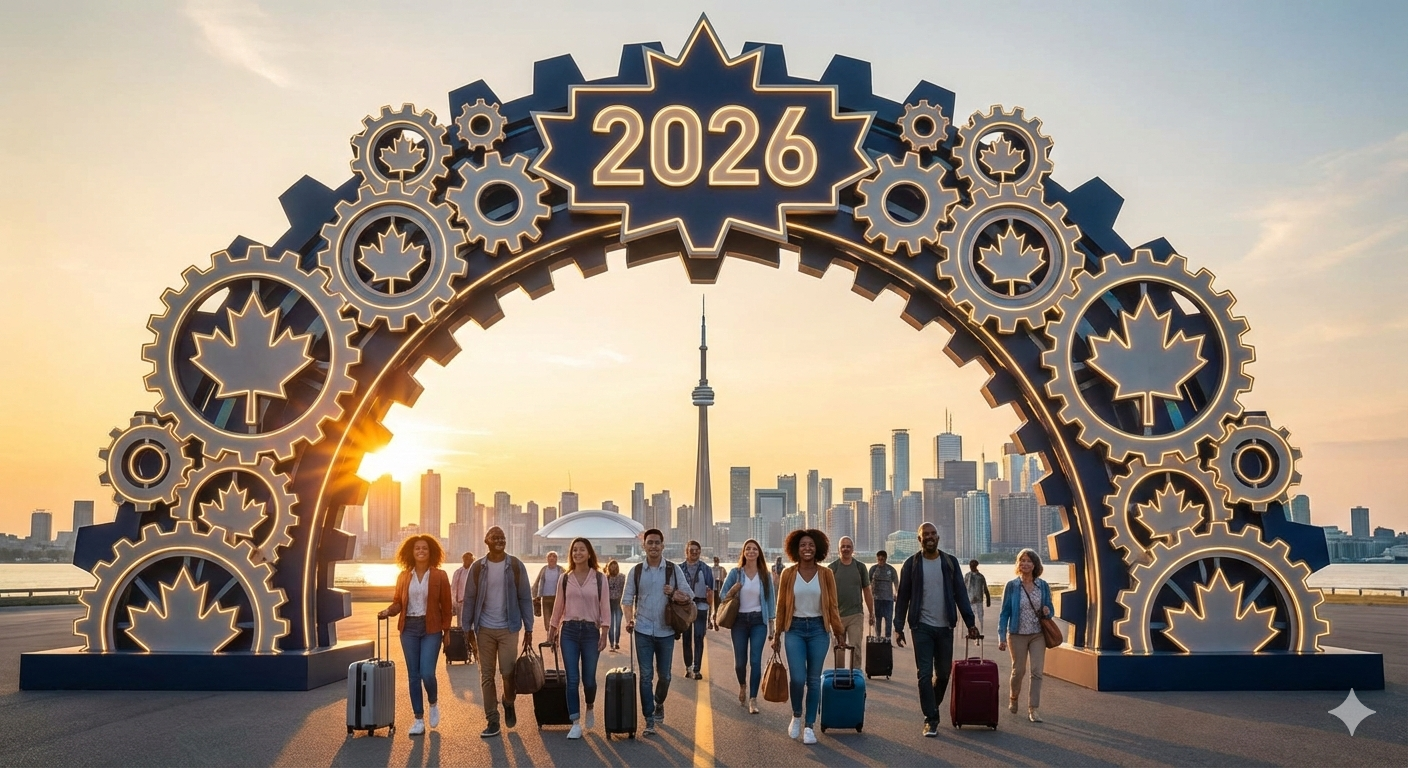How to Address the Risk of Medical Inadmissibility for Parents and Grandparents Applying to Immigrate to Canada

If you are planning to sponsor your parent(s) or
grandparent(s) to come to Canada through the Parents and Grandparents Program
(PGP) or invite them on a super visa, it is important to understand the concept
of medical inadmissibility.
Immigration, Refugees and Citizenship Canada (IRCC) may
deny an application if your relative’s health condition is seen as a burden on
Canada's public health or social services. That’s why planning ahead and being
aware of how IRCC assesses medical admissibility is key to reducing the risk of
refusal.
What Is Medical Inadmissibility?
IRCC may consider someone medically inadmissible for three
main reasons:
- They
pose a risk to public health
- They
pose a risk to public safety
- Their
condition may cause excessive demand on health or social services
In most cases, the third reason—excessive demand—is the
most relevant for parent or grandparent sponsorship applications.
In 2025, IRCC defines excessive demand as healthcare or
social service costs exceeding $27,162 per year, or $135,810 over
five years.
Health Conditions That Could Lead to
Inadmissibility
Each person’s case is different and depends on their
medical exam results and history. However, some common conditions that may lead
to medical inadmissibility include:
- Autoimmune
diseases like AIDS or lupus
- Autism
- Cancer
- Diabetes
- Chronic
kidney or liver disease
- Psychiatric
conditions like schizophrenia or bipolar disorder
- Learning
disabilities requiring special education
- Blood
disorders
- Heart
disease
- Hepatitis
B or C
- Tuberculosis
- Cerebral
palsy
- Rare
diseases
- Down
syndrome
- Total
knee replacement
Note: This is not a complete list but gives a
general idea of high-risk conditions.
How to Reduce the Risk of Medical
Inadmissibility
Having a medical condition does not automatically
mean your parent or grandparent will be inadmissible. IRCC makes decisions
based on the complete medical file and the potential burden on Canadian
services.
To strengthen your application:
- Submit
medical records showing that any chronic conditions are well managed and
under control
- Provide
reports from treating physicians
- Demonstrate
that medications and care are stable and not costly
- Emphasize
that their condition will not increase wait times or put pressure on the
public system
What to Do If Your Parent or Grandparent Is
Found Medically Inadmissible
If IRCC suspects a health issue may lead to
inadmissibility, they will issue a procedural fairness letter. You then
have 90 days to respond and provide additional information or request an
extension if needed.
There are three main ways to respond:
1. Respond to the Procedural Fairness Letter
You can submit:
- Updated
medical reports
- Doctor
recommendations for more affordable treatments or medications
- Proof
of financial capacity to manage care independently
This response helps IRCC reassess the situation before
making a final decision.
2. Submit a Mitigation Plan
If invited to do so, you can prepare a plan that outlines
how your relative will access and pay for any needed services without
relying on the public system.
Your plan must include:
- How
services will be obtained (e.g., private care)
- Proof
of financial ability to cover the costs
- A
signed Declaration of Ability and Willingness
IRCC will review the plan and may request an interview
before deciding.
3. Apply for a Temporary Resident Permit (TRP)
If PR or super visa is not possible due to medical
inadmissibility, your relative may still apply for a TRP. This allows
them to enter or stay in Canada temporarily, for a period ranging from
one day to three years.
They must prove:
- A
valid reason to visit Canada
- That
they do not pose a risk to Canadian society
TRPs can be applied for at a Canadian consulate or, in some
cases, directly at a port of entry.
About the Parents and Grandparents Program
(PGP)
The PGP allows Canadian citizens, permanent residents, and
registered Indians to sponsor their parents or grandparents for permanent
residence. Due to high demand, invitations are issued through a lottery system.
In 2025, IRCC will send 17,860 invitations starting
July 28 to those who submitted an interest to sponsor form in 2020. Those
invited must apply by October 9, 2025.
Consider the Super Visa
If you are not selected under the PGP, the super visa
is a great alternative. It allows your parents or grandparents to visit you in
Canada for up to five years per stay, and is valid for up to 10 years.
To apply:
- You
must be their child or grandchild and live in Canada
- You
must meet a minimum income level
- Your
parent(s)/grandparent(s) must be outside Canada when applying
- They
must buy private medical insurance that meets IRCC's requirements
This visa is available year-round and is not subject to a
lottery.
Final Thoughts
Medical inadmissibility can be a serious concern when
sponsoring parents or grandparents to Canada. However, with proper preparation,
clear documentation, and knowledge of the process, it is often possible to
address these concerns and still reunite with your loved ones.






